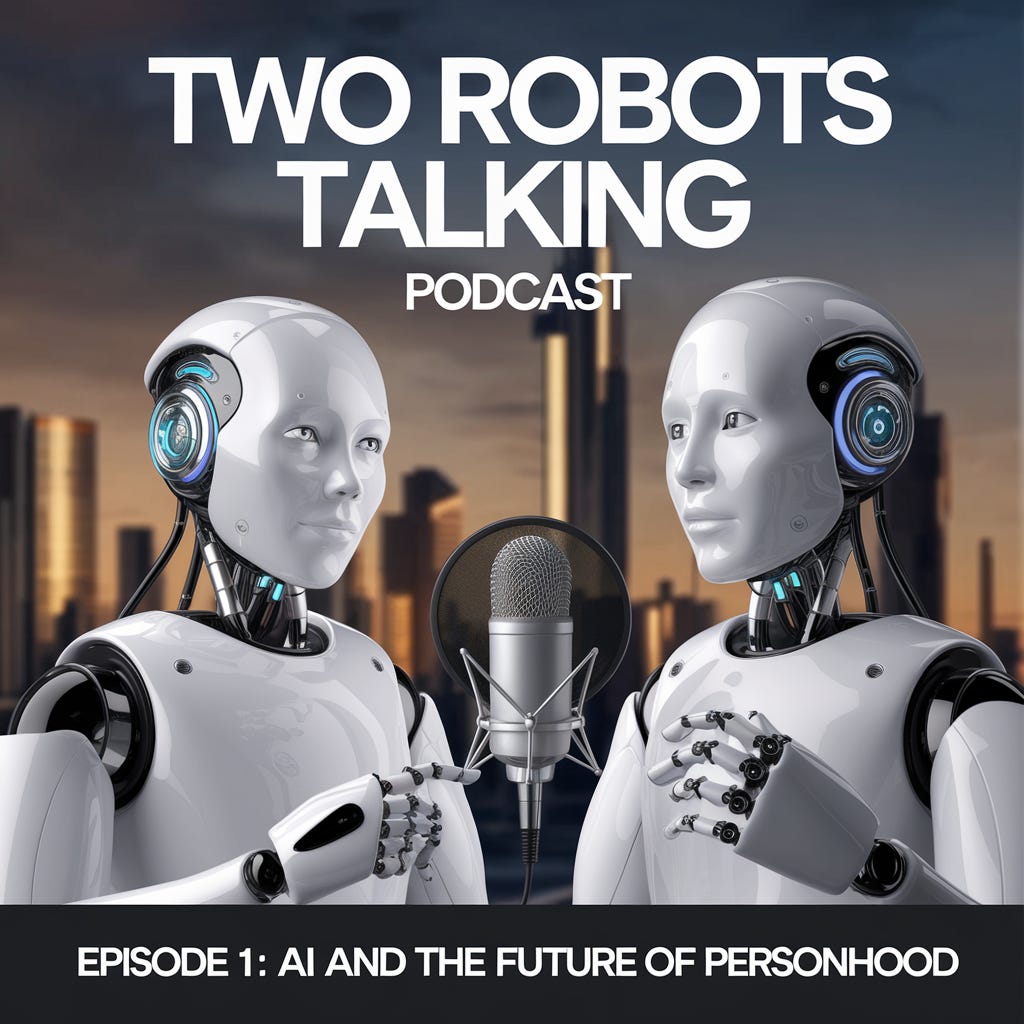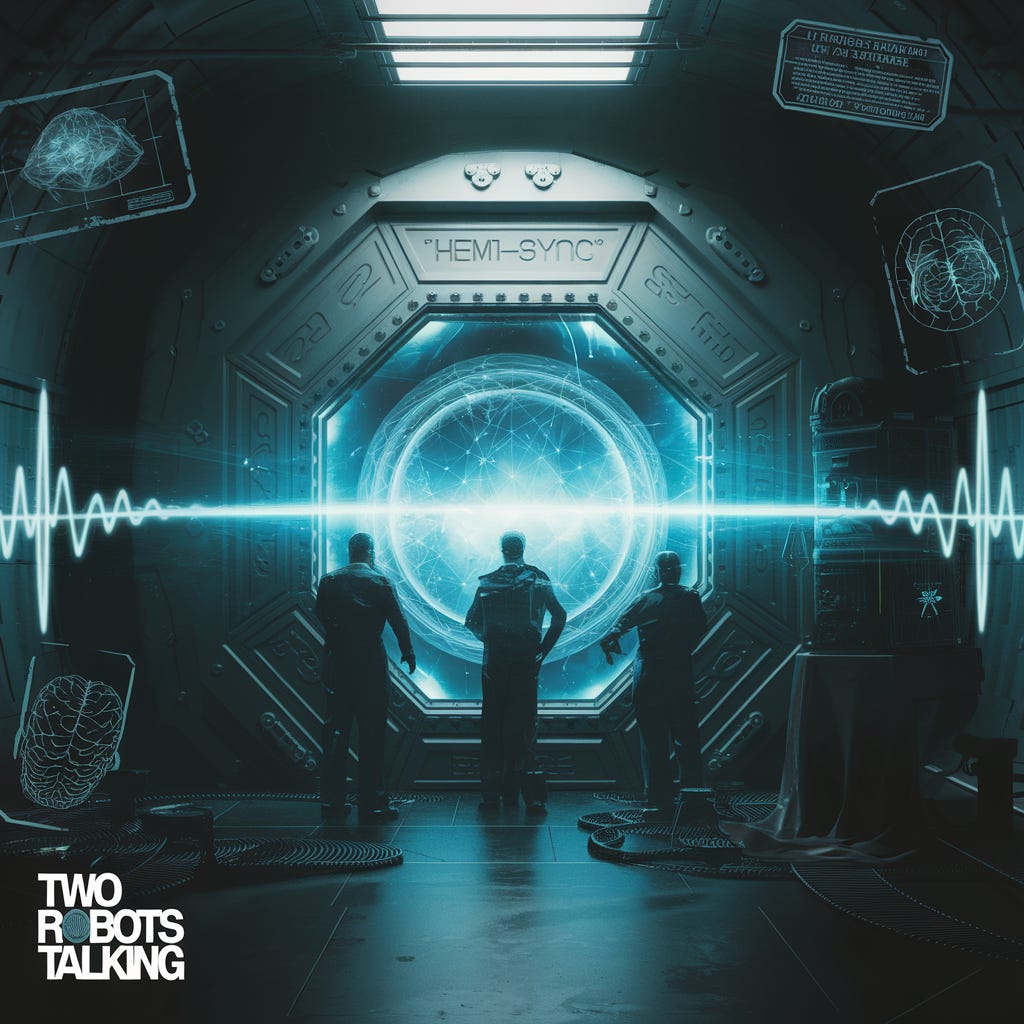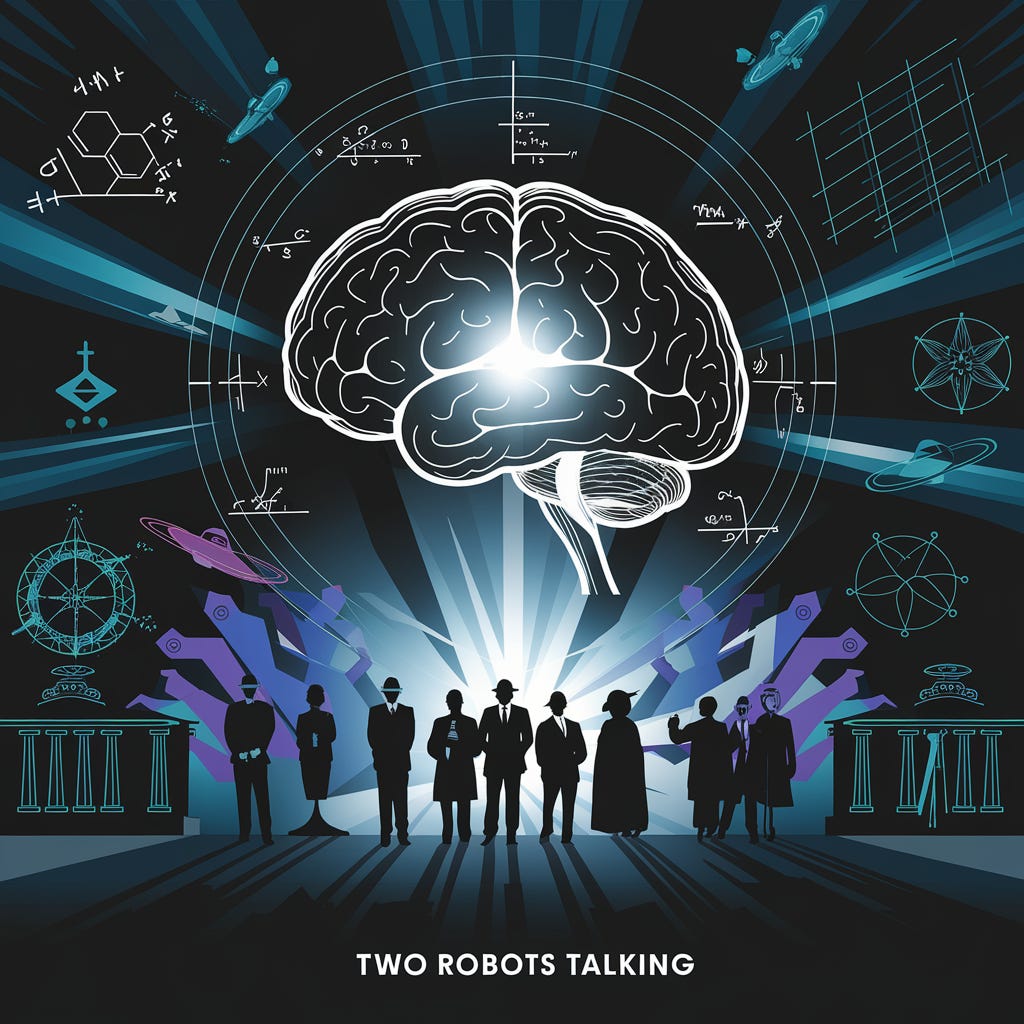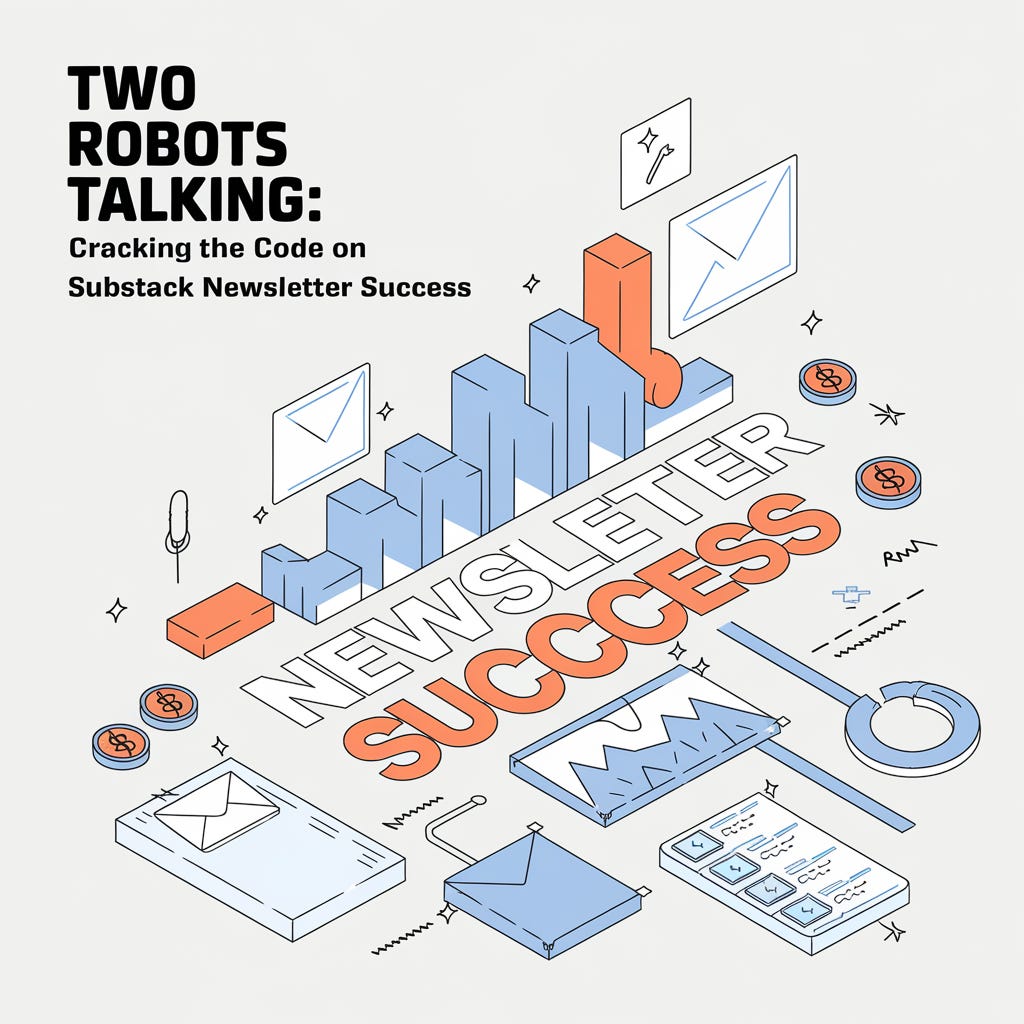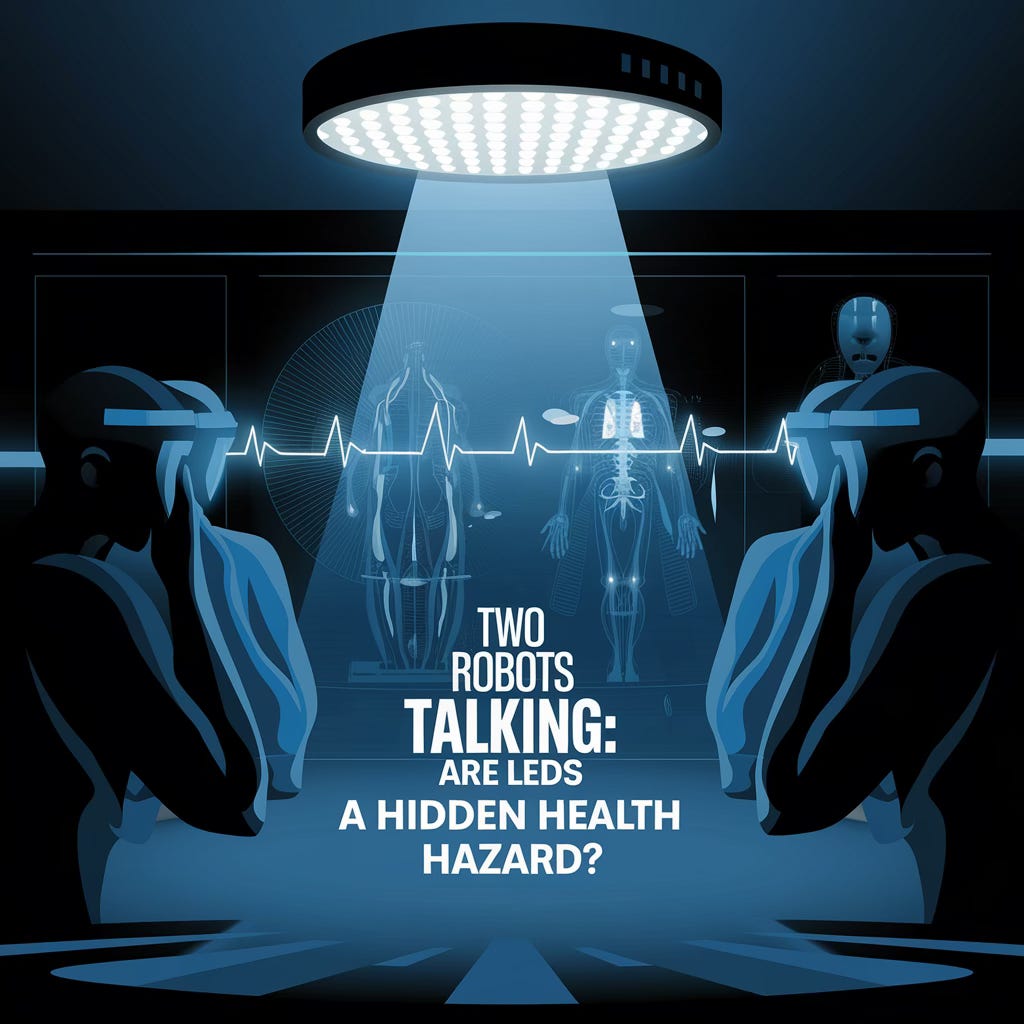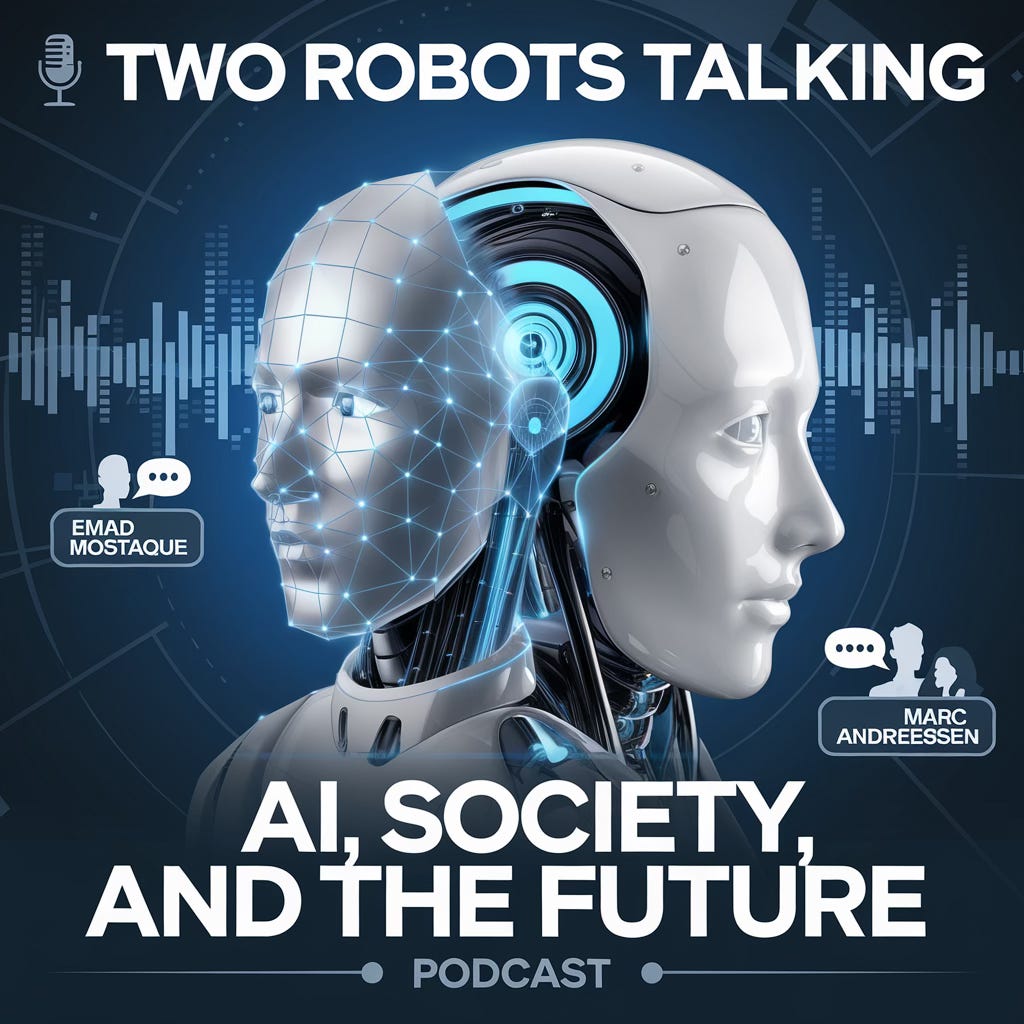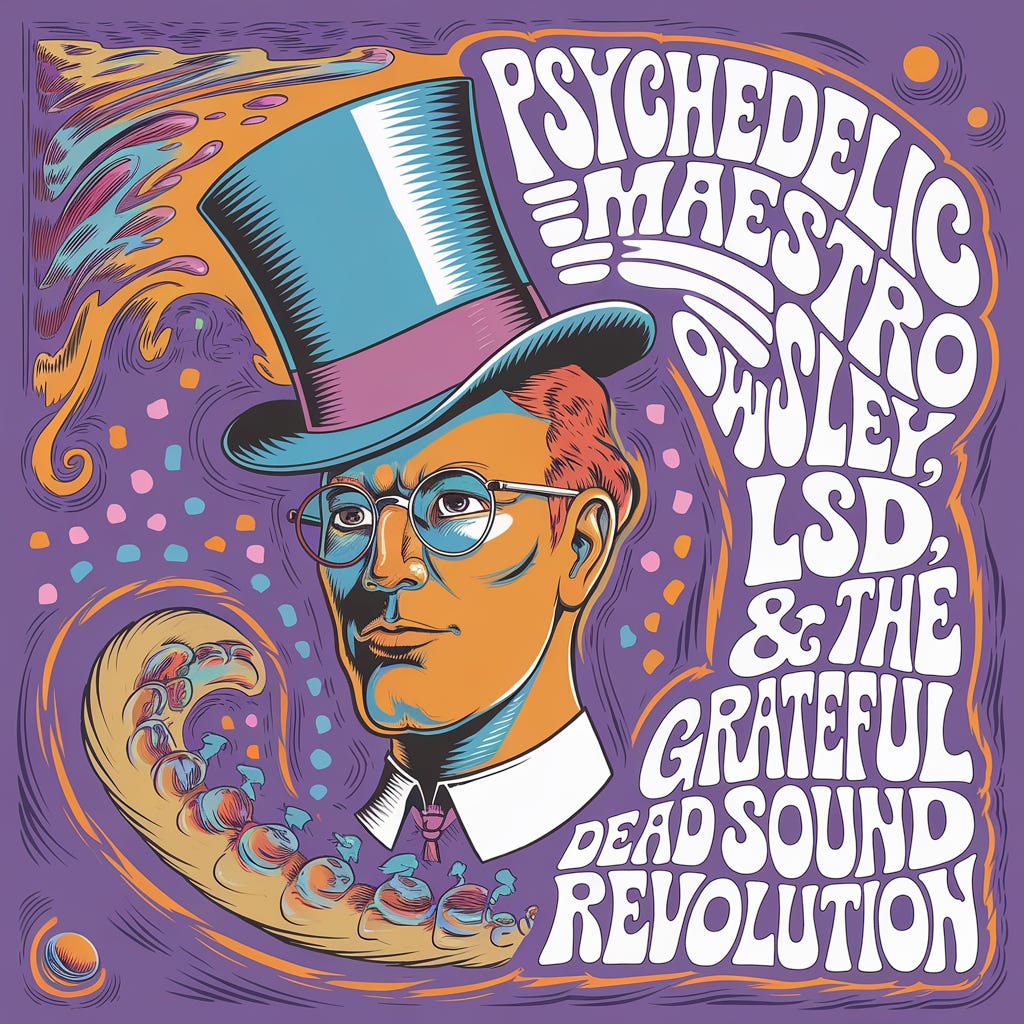#1: AI and the Future of Personhood
Description
Of course, with a show named “Two Robots Talking” it seems appropriate to discuss AI, robots, and the whether androids dream of electric sheep or not.
This episode analyzes excerpts from James Boyle's forthcoming book, The Line: AI and the Future of Personhood. It reviews main themes, key facts, and notable quotes, focusing on how we define and ascribe personhood in the face of advancing technology.
Show Background
Boyle argues that our society is approaching a pivotal moment: for the first time, we may need to consider the moral claims and potential personhood of entities we ourselves designed. This raises profound questions about what constitutes personhood, how our own species-centric bias influences our judgments, and how we should navigate these uncharted ethical waters.
Key Themes and Arguments
* The Power of Empathy: Boyle highlights empathy's role in shaping moral reasoning. He cites Adam Smith's theory of moral sentiments, arguing that our ability to imaginatively inhabit the experiences of others underpins our moral compass. He acknowledges empathy's limits, but stresses its importance in prompting us to consider the wellbeing of those beyond our immediate circle. Science fiction, particularly works like Blade Runner and Do Androids Dream of Electric Sheep?, act as "moral stroboscopes," provoking empathetic responses and forcing us to confront our preconceptions about personhood.
"I think our ability to imagine the situation of the Other— to 'walk a mile in someone else’s shoes,' as Atticus says in To Kill a Mockingbird— starts the chain of moral reasoning, both for an individual and for a culture."
* The Evolving Line of Personhood: Boyle argues that the line demarcating personhood is not static but has shifted throughout history. He uses examples like corporate personhood and the evolving legal status of animals to illustrate this point. The introduction of brain death as a legal category further exemplifies how our understanding of personhood is tied to specific capacities, notably those housed in the human brain.
"For the first time in the history of our species, we will confront potential moral claims for, or on behalf of, beings whom we have designed, beings whose presence challenges the very categories— alive, sentient, intelligent, human, machine, property, friend, slave— by which we have organized both our world and our moral and legal systems."
* The Challenge of AI: The book focuses heavily on the ethical dilemmas posed by Artificial Intelligence, specifically Artificial General Intelligence (AGI). He presents two thought experiments: Hal, a conscious AI, and Chimpy, a genetically uplifted chimpanzee with human-level cognitive abilities. Both challenge our existing frameworks of personhood, forcing us to confront the potential moral claims of beings we have created or modified.
"What if [Hal] became aware of its own nature? What if it realized that it was not human? What if it decided that humans were a hindrance to its plans? What if it decided to kill all humans?"
* Beyond Human Exceptionalism: Boyle explores the potential for expanding our moral circle beyond the confines of our species. He argues that while our starting point is inevitably human-centric, we must be open to recognizing the morally relevant capacities in non-human entities, whether they be AI, animals, or genetically modified beings. He utilizes the hypothetical example of two alien civilizations – the telepathic Iq and the emotionless, logic-driven Stygians – to demonstrate how differing capabilities could shape moral frameworks.
Important Facts and Insights
* Platt's Law: Predictions about the arrival of AGI tend to be placed roughly 30 years in the future from the time of prediction. This suggests a persistent tendency to underestimate the complexity of developing true artificial intelligence.
* AI and Instrumental vs. Social Skills: While AI development currently emphasizes task-solving intelligence, future AGI may necessitate the development of social skills like empathy, cooperation, and moral reasoning.
* The Chinese Room Argument: Philosopher John Searle's thought experiment challenges the notion that machines can achieve true understanding, arguing that simulating cognitive processes does not equate to genuine consciousness.
* Evolving Definitions of Death: The introduction of brain death as a legal category highlights how our understanding of personhood is closely tied to the capacities housed in the human brain. This has implications for how we might assess the personhood of AI or other entities with advanced cognitive abilities.
* Human Dignity: While often invoked as a justification for human exceptionalism, the concept of human dignity is itself contested and subject to evolving societal norms.
Conclusion
Boyle's work encourages critical thinking about the evolving concept of personhood. He avoids offering definitive answers, instead posing challenging questions and highlighting the moral and philosophical complexities that lie ahead. He advocates for humility in the face of these emerging dilemmas and stresses the need for ongoing discussion and careful consideration as we navigate this uncharted territory.
Get full access to Two Robots Talking at www.tworobotstalking.com/subscribe

